What Is a Fennel Seed? A Flavor-Packed Guide for Spice Lovers
Fennel seeds might look like tiny green rockets of flavor, but there's more to them than meets the eye. Whether you're chewing on one after dinner in India or roasting it into your next curry blend, fennel seed has been spicing up lives for thousands of years.
Table of Contents
- What Are Fennel Seeds?
- Taste Profile: Sweet Like Licorice, But Make It Spicy
- Culinary Uses Around the World
- Health Benefits You’ll Want to Chew On
- How to Use Fennel Seeds in Your Kitchen
- Fennel vs. Caraway: Spot the Difference!
- Buying & Storing Tips
- Fun Fennel Facts
- Conclusion
What Are Fennel Seeds?
Fennel seeds come from the fennel plant (*Foeniculum vulgare*), which belongs to the carrot family (Apiaceae). Despite being called “seeds,” they’re technically dry fruits — kind of like how sunflower seeds aren’t really seeds either. They grow in clusters and are harvested when mature and dried.
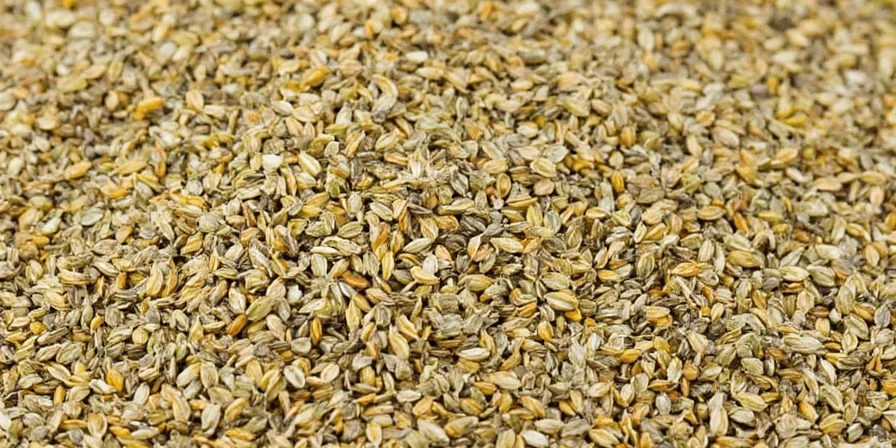
Taste Profile: Sweet Like Licorice, But Make It Spicy
If you’ve ever tasted black licorice, you know where fennel’s flavor comes from — anethole, the same aromatic compound found in star anise and licorice root. However, unlike its sweeter cousin, fennel seed offers a balanced earthiness with a slight bitterness that makes it versatile in both sweet and savory dishes.
| Flavor Note | Description |
|---|---|
| Sweetness | Mildly sweet, reminiscent of anise/licorice |
| Earthy | Rooty, herbal undertones |
| Heat Level | None – it's not spicy hot, just warming |
Culinary Uses Around the World
Fennel seed plays many roles across global cuisines. Here's how it shows up on the world spice stage:
- India: Common in garam masala and panch phoron (a five-spice blend)
- Italy: Used in sausage-making and biscotti recipes
- Middle East: Often brewed as tea or chewed post-meal for digestion
- Mexico: Known as “azafrán” and used in chorizo seasoning
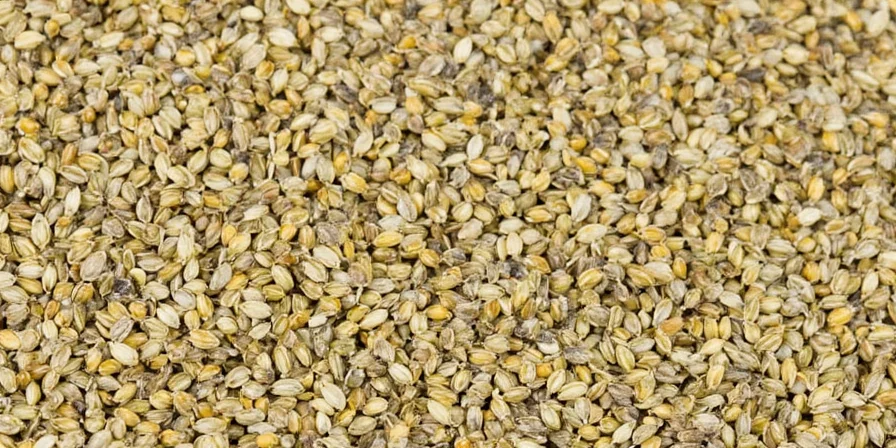
Health Benefits You’ll Want to Chew On
Chewing fennel seeds isn't just for freshening your breath — it’s got science-backed benefits:
- Digestive Aid: Helps reduce bloating and gas
- Anti-inflammatory: Contains compounds like flavonoids and phenolic acids
- Rich in Minerals: Source of potassium, magnesium, and calcium
- Breath Freshener: Natural alternative to gum or mints
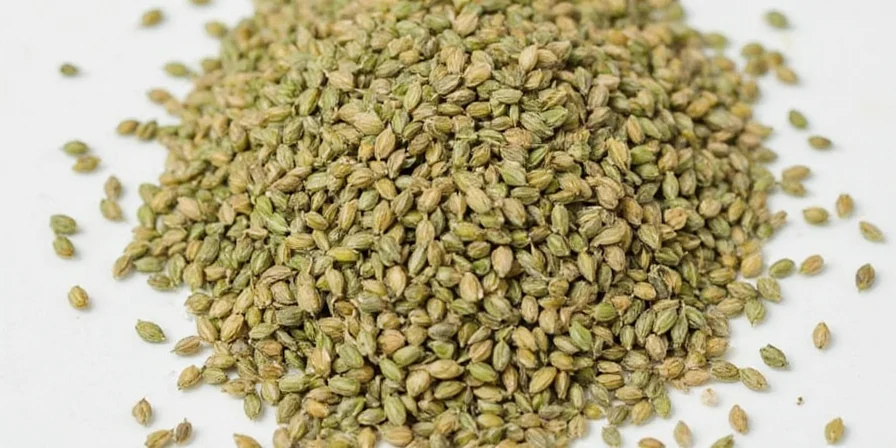
How to Use Fennel Seeds in Your Kitchen
Ready to upgrade your spice game? Try these simple ways to use fennel seeds at home:
- Dry Roast First: Toast whole seeds in a pan to unlock deeper flavor
- Grind It: Add ground fennel to rubs, marinades, or bread dough
- Pair Smart: Goes well with cumin, coriander, cardamom, and citrus
- Make Tea: Boil seeds in water for a soothing herbal infusion
- Sprinkle Raw: Top salads, yogurt bowls, or granola for crunch
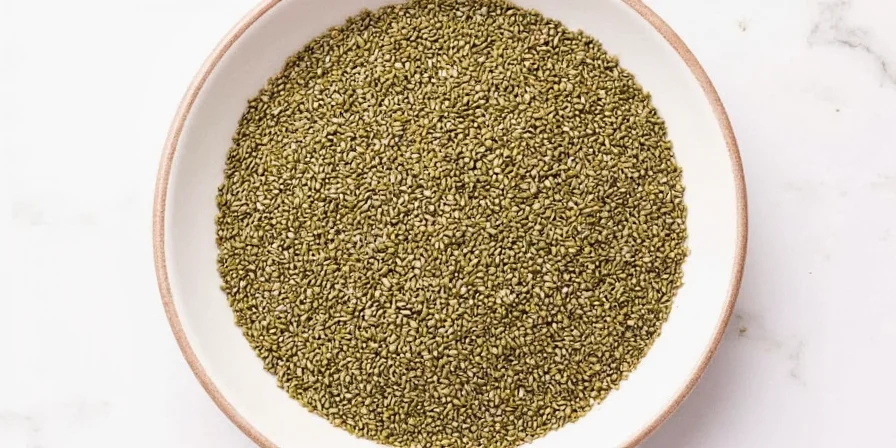
Fennel vs. Caraway: Spot the Difference!
Ever confuse fennel with caraway seeds? You're not alone! Here’s a quick comparison to tell them apart:
| Feature | Fennel Seed | Caraway Seed |
|---|---|---|
| Color | Greenish-yellow | Brown-black |
| Taste | Sweeter, lighter, licorice-like | Earthier, nutty, darker |
| Size | Longer and slightly curved | Shorter and straighter |
| Use Case | Indian, Italian, Middle Eastern | German, Scandinavian, North African |
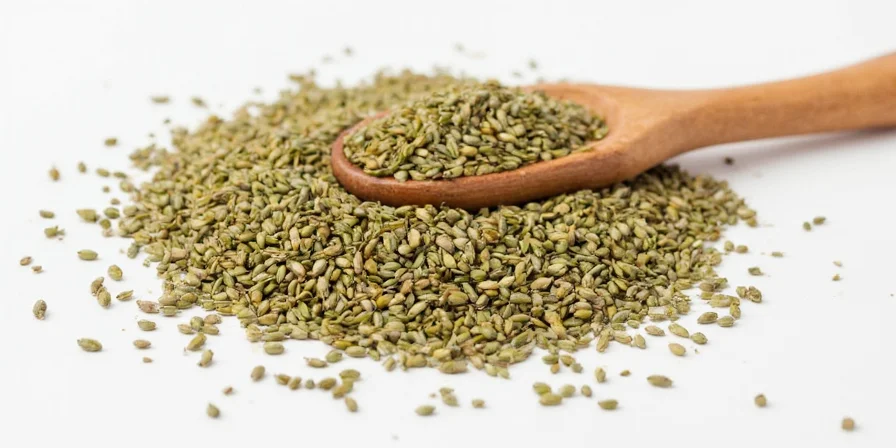
Buying & Storing Tips
- Buy Whole: Always go for whole seeds over pre-ground — flavor fades fast
- Check Freshness: Rub a few seeds between your fingers; if they smell strong, they’re good to go
- Store Smart: Keep in a cool, dark place in an airtight container
- Shelf Life: Whole seeds last up to 3 years; ground version lasts about 1 year

Fun Fennel Facts
- In ancient Rome, gladiators chewed fennel seeds before battle for courage
- The name 'fennel' comes from the Latin word “foeniculum”, meaning “hay”
- Fennel grows wild in many parts of the Mediterranean and California
- Fennel is used in absinthe production for its anise-like flavor
- In Ayurveda, it’s known as ‘saunf’ and often mixed with sugar for post-meal refreshment
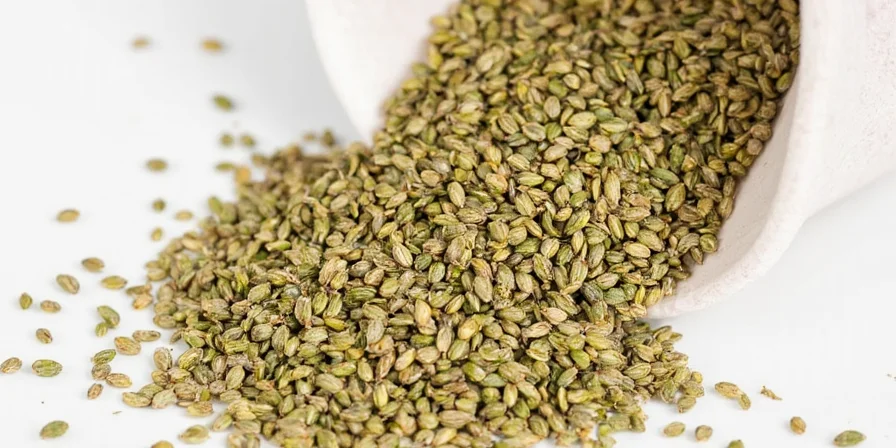
Conclusion
So, what is a fennel seed? It’s more than just a post-meal tradition — it’s a globally loved spice with layers of flavor, health benefits, and versatility in the kitchen. Whether you're making Indian pickles, Italian sausages, or a simple digestive tea, fennel seeds deserve a prime spot in your spice rack.
Now that you’ve got the full scoop, why not start experimenting today? From toasting to steeping, fennel seeds are waiting to transform your meals — and maybe even your breath!
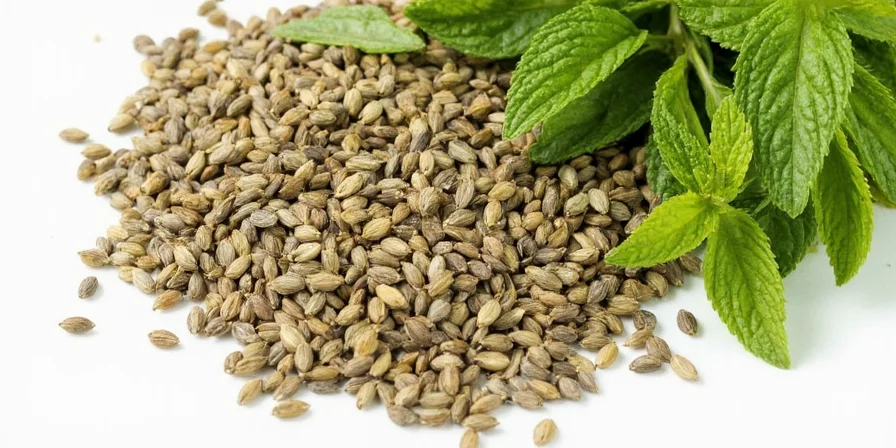
Quick Recap: Why You Should Love Fennel Seeds
- Natural breath freshener
- Boosts digestion
- Packs a sweet, licorice-like punch
- Versatile across global cuisines
- Easy to store and long-lasting

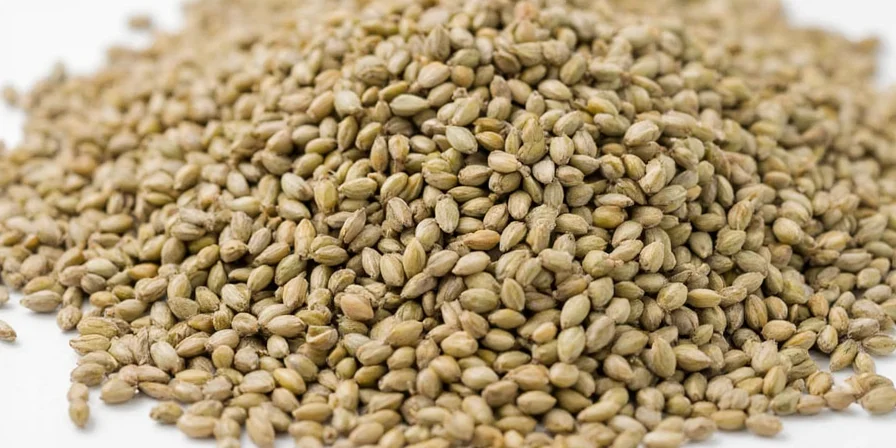









 浙公网安备
33010002000092号
浙公网安备
33010002000092号 浙B2-20120091-4
浙B2-20120091-4